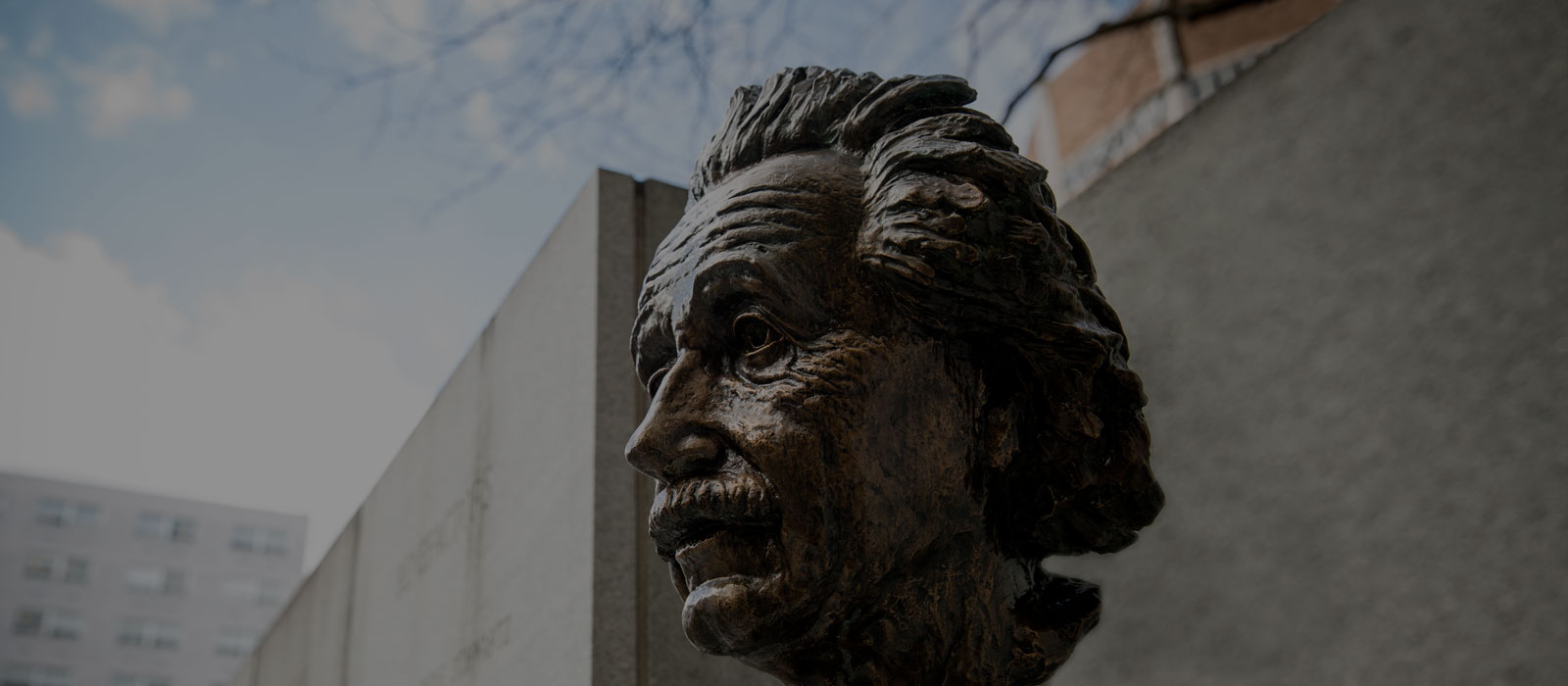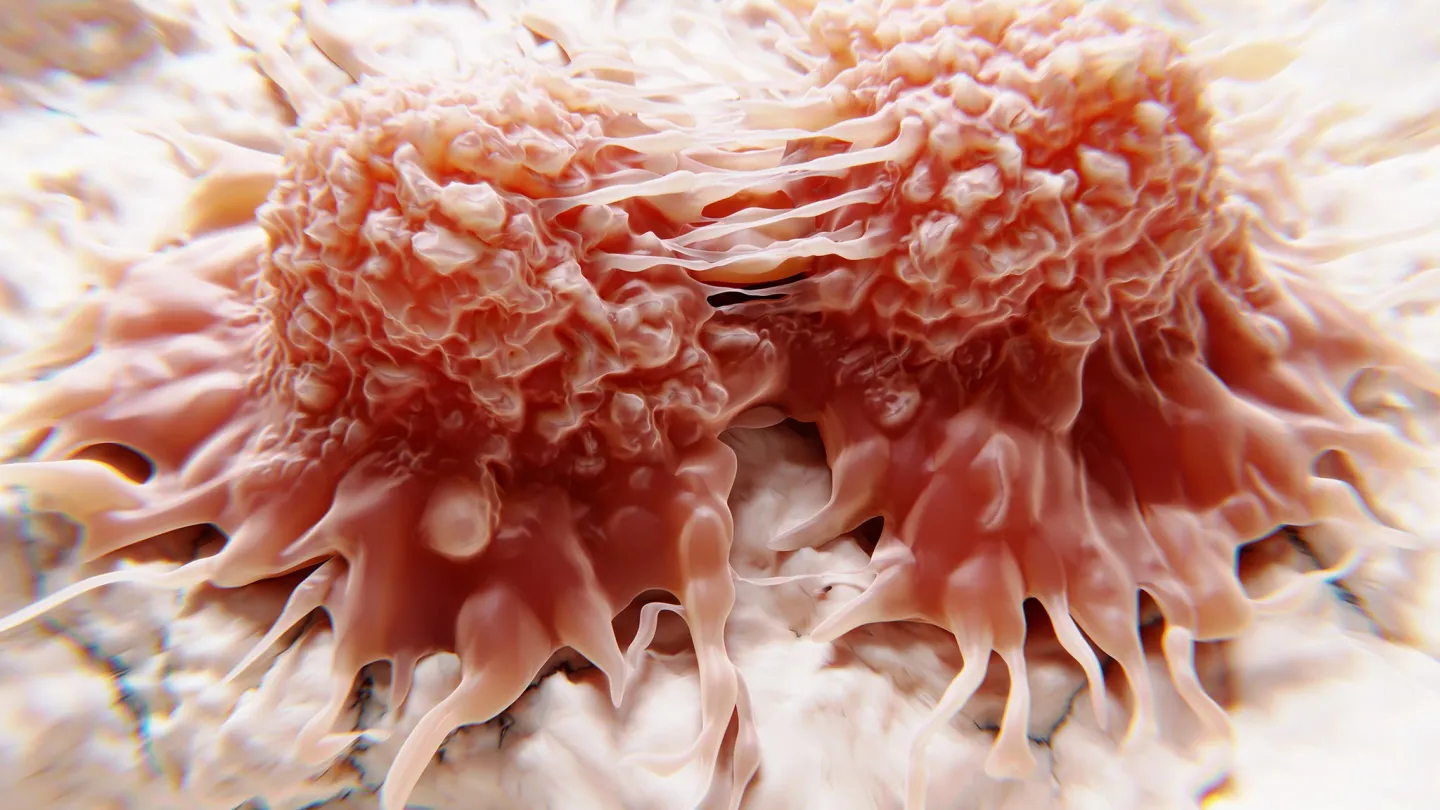Donde la innovación se encuentra con la compasión
Alcanzamos la excelencia cientÃfica mediante una educación médica innovadora y una investigación que promueve la participación de la comunidad y mejora el acceso a la atención médica en el Bronx y en otras regiones.
Explorar la educación
We combine humanistic care with research excellence to prepare medical students and graduate students in the biomedical sciences to become compassionate physicians and innovative scientific investigators. We’re proud to provide all M.D. students with the Beca Ruth L. Gottesman Que cubre el costo de la matrÃcula. Obtenga más información sobre educación en Einstein.
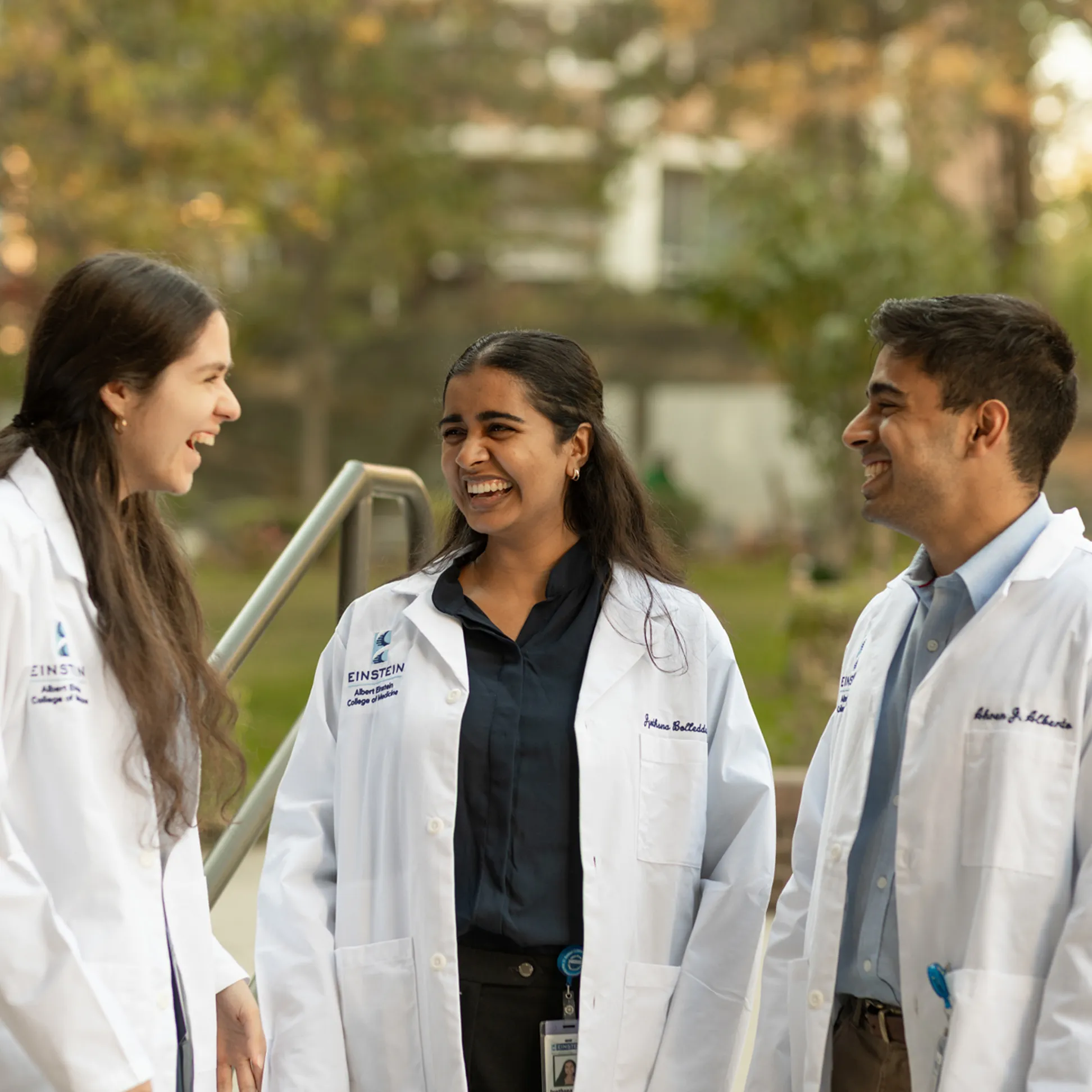
-
98%
Tasa de coincidencia para estudiantes de medicina en 2025
-
20%
de estudiantes de medicina emparejados con un afiliado de Einstein en 2025
-
1,000+
Estudiantes de doctorado en medicina, doctorado y doctorado en medicina/doctorado en 2025
-
2,000+
Facultad a tiempo completo
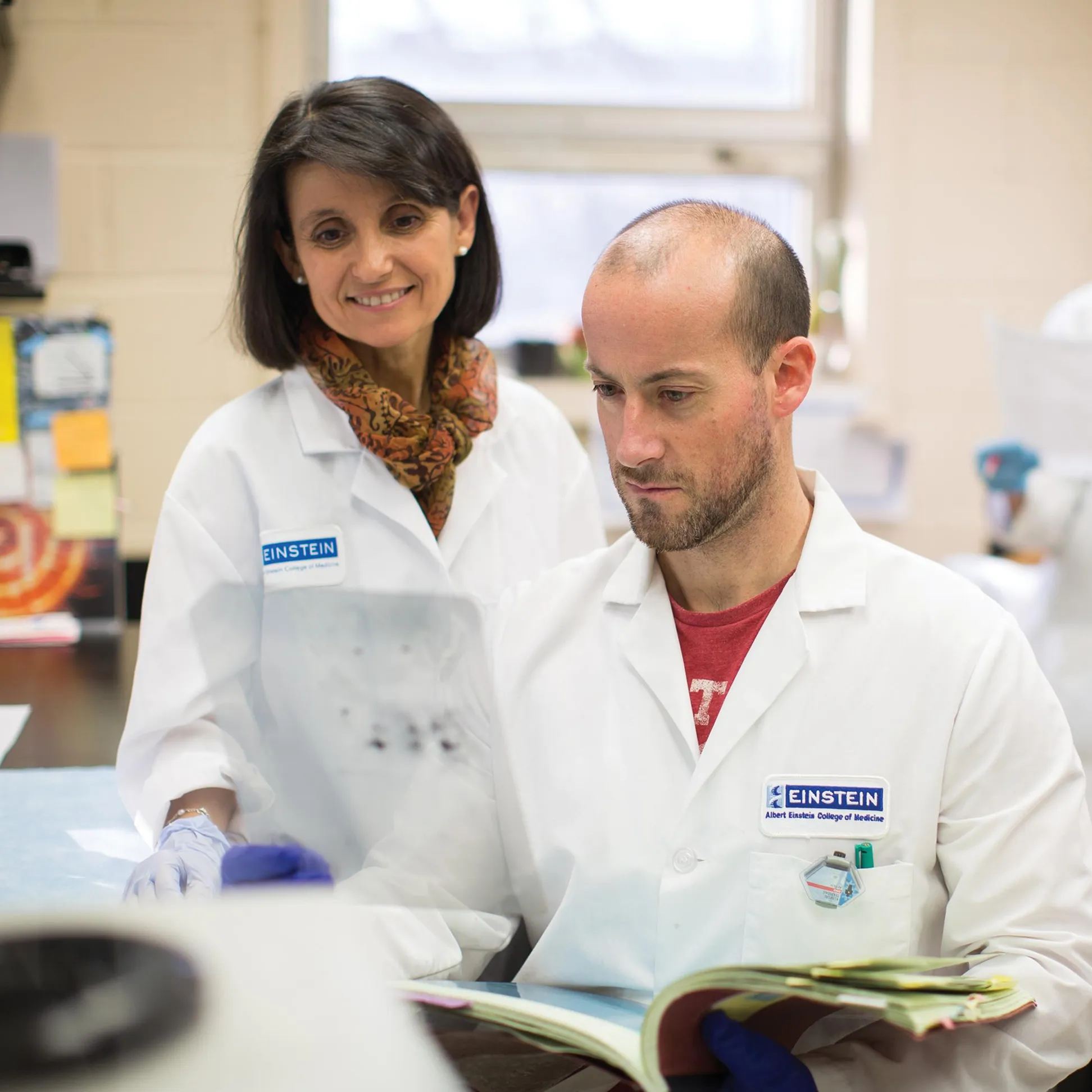
Ana MarÃa Cuervo, MD, Ph.D., descubridora de la autofagia mediada por chaperonas, en el laboratorio.
Explorar Investigación
At Einstein’s many academic departments and centers of excellence, including several National Institutes of Health-designated research centers, we translate biomedical discoveries into effective new treatments, empowering clinicians to provide compassionate, patient-centered care informed by the latest biomedical research. Learn more about research at Einstein.
-
273 M+
financiación total de la investigación en 2024
-
3,211
artÃculos publicados en 2024
-
20
centros de investigación
-
36
iniciativas globales
La vida en Einstein
Fomentamos una cultura de colaboración y accesibilidad que promueve la innovación en la educación y la investigación biomédica, y promueve la equidad en salud. Más información sobre La vida en Einstein.
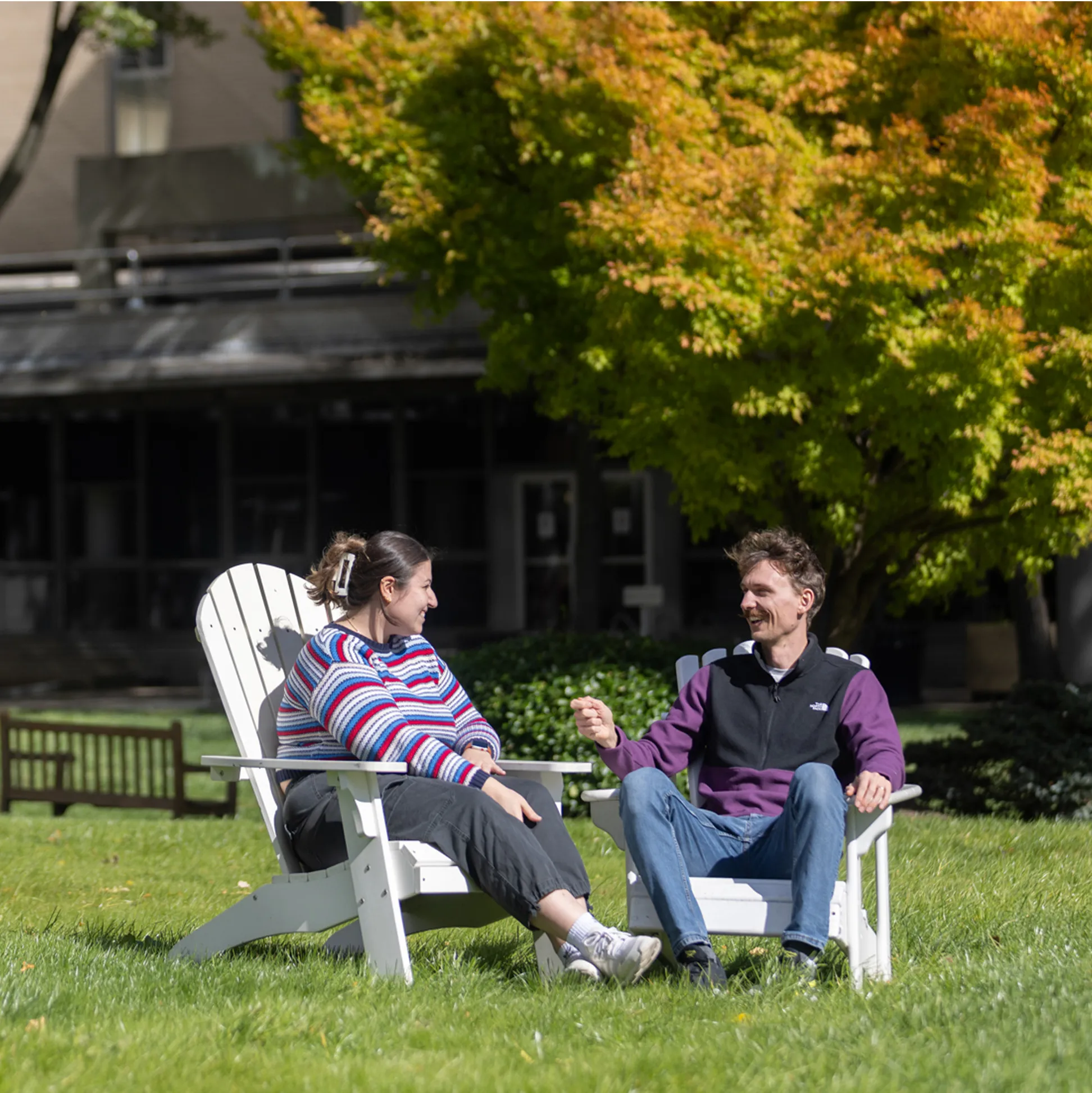
Presencial
Consejos y estrategias para conseguir y tener éxito en las entrevistas de profesor asistente
Lunes 11 de agosto de 16:00 a 17:30 horas
Edificio de Ciencias Médicas Forchheimer - Sala de conferencias del tercer piso
Miércoles 13 de agosto de 12:00 a 13:00 horas



